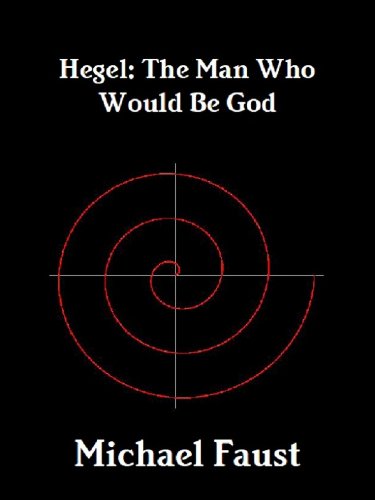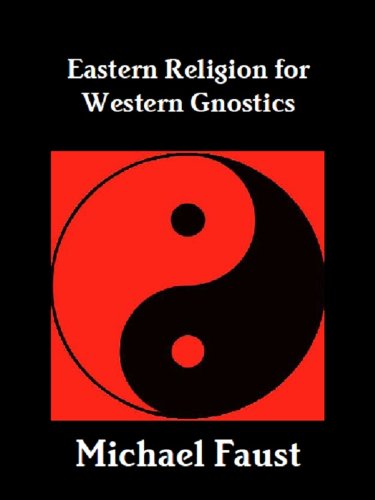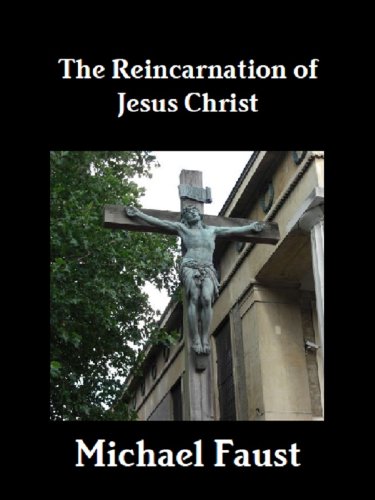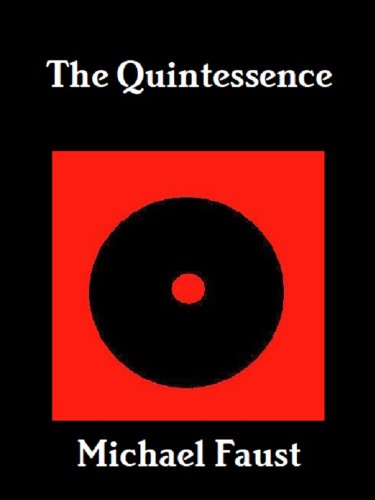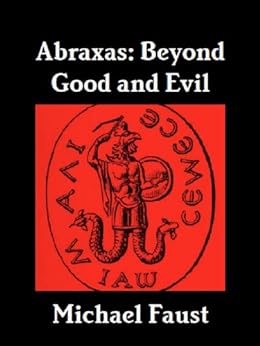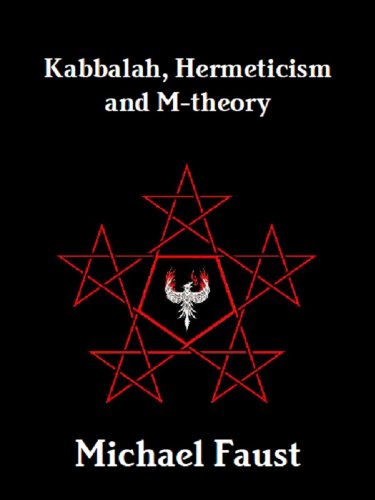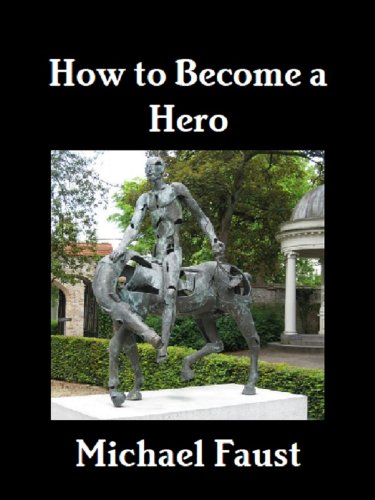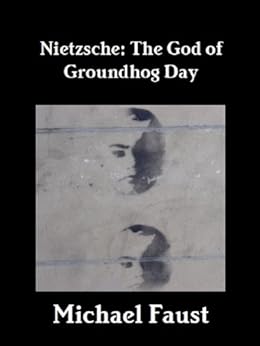
Is Groundhog Day the greatest philosophical movie of all time? It examines Nietzsche's eternal recurrence, Camus' Myth of Sisyphus, and the possibility of becoming a Superman and god. Did Hegel think he was God? Did Nietzsche's atheism disguise a pious Lutheran spirit? What is the basis of our love of music? Was the Soviet Union planning to invade Germany prior to Operation Barbarossa? What are the implications of building a machine that gives us everything we want? Is narrative non-fiction a form of parasitism?

